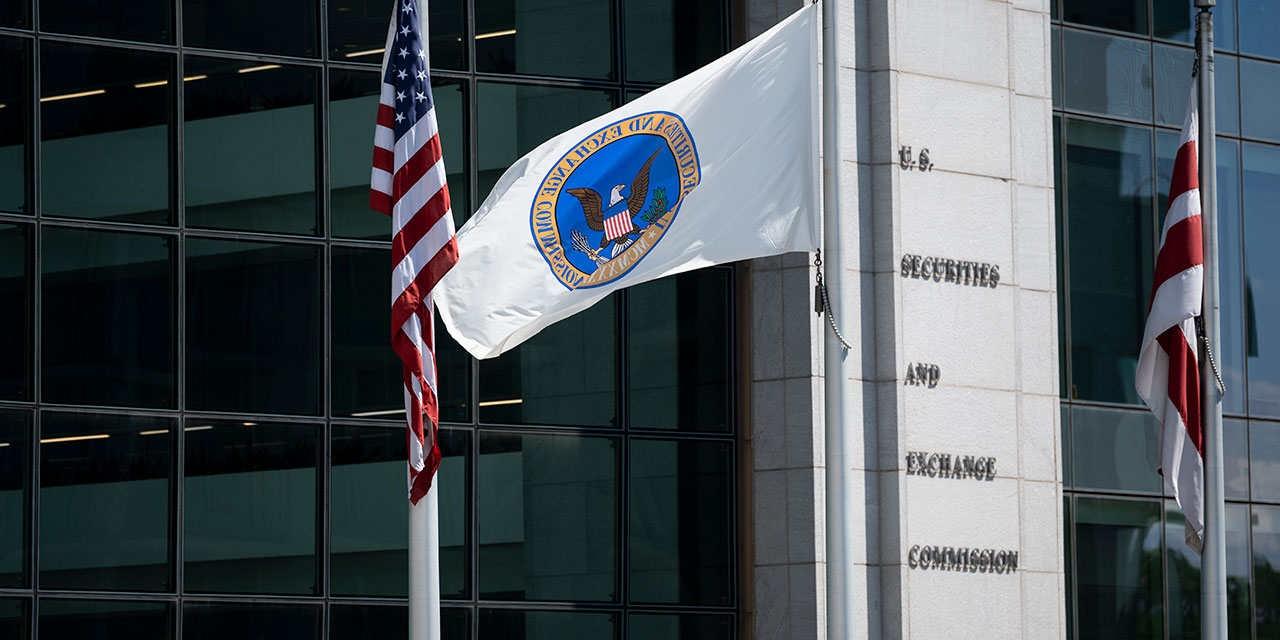
President Trump was elected with a mandate to reduce government waste and fraud. The Elon Musk–led Department of Government Efficiency has already made progress on this front, but the administration should waste no time turning its attention to a glaring problem at the Securities and Exchange Commission (SEC).
In particular, the agency’s whistleblower programs—originally designed to detect and prevent financial fraud—have morphed into a billion-dollar whistleblower-industrial complex. A new class of opportunists now flood the SEC with 20,000 tips a year, hoping for big paydays and drowning out legitimate whistleblowers in the process. The Trump administration should act quickly and implement rigorous new protocols to quickly vet and dismiss fraudulent “whistleblower” claims. Penalties should also be attached—perhaps closely mirroring the well-known Rule 11 sanctions that punish lawyers who file frivolous lawsuits in federal court.
Finally, a reason to check your email.
Sign up for our free newsletter today.
Whistleblower programs partly emerged in response to the Bernie Madoff investment fraud. For years, would-be whistleblowers had tried to alert the SEC, urging it to scrutinize what many analysts believe should have been an easily detectable Ponzi scheme. The SEC’s catastrophic failures allowed Madoff’s scam to continue unchecked for years, raising serious concerns about financial regulation and underscoring the need to strengthen whistleblower protections in the financial system. This desire for change helped lead to the creation of a new whistleblower program embedded within the Dodd-Frank financial-reform law. But Congress, unfortunately, overreached, and as a result the effort has done more harm than good.
A 2022 research paper by law professor Alexander Platt, published in the Yale Journal on Regulation, raised concerns about the operation of the SEC’s whistleblower program. Platt argued that the initiative has become an unaccountable and secretive pathway for SEC employees to enrich themselves after leaving the agency—at the expense of legitimate whistleblowers. Describing the program’s “sifting process” as “cloaked in extraordinary secrecy,” the paper warned that a growing “whistleblower-industrial complex” can “undermine or distort agency tip sifting by flooding the agencies with tips in the hopes of hitting the jackpot, by wrapping mediocre tips in superficially compelling packaging, [and] by leveraging connections and other reputational capital to capture the agencies’ scarce attention.”
In effect, the SEC has outsourced the screening of whistleblower tips and other investigative functions to a small group of lawyers and professional whistleblowers, many of whom previously worked at the agency. This group now claims the lion’s share of award payouts, including almost $600 million in 2023 alone. In other words, success in today’s federal whistleblower programs often depends less on the quality of the tip and more on how well-connected you and your attorney are.
One of the best known of the SEC-connected whistleblowers is Edward “Ted” Siedle. Accused by The Wall Street Journal editorial board of being a mere “pseudo-analyst,” the former SEC lawyer has made a career out of profiting from the whistleblower-industrial complex. In one case, an Ohio teachers’ union hired Siedle to target the $90 billion State Teachers Retirement System of Ohio (STRS). He produced a frivolous and error-riddled report that charged STRS of sweeping failures in transparency, oversight, and conflict-of- interest management, leading to the squandering of investments. Predictably, Siedle also urged the SEC to investigate the pension’s money managers.
The Ohio Auditor of State’s office broadly discredited Siedle’s report, saying that it had “found no evidence of fraud, illegal acts, or data manipulation” by STRS. Making matters worse for Siedle, Ohio attorney general Dave Yost then opened an ongoing investigation against the teachers’ union for corruption and bribery.
The Yale paper also argues that the program effectively sidesteps key Fourth Amendment protections built into other government investigative processes by relying on financially incentivized private citizens to carry out what are, in effect, civil—and sometimes criminal—investigations. “There is significant risk that tipsters are effectively being deputized as government agents, raising a variety of constitutional and legal concerns,” the paper warns. It’s no surprise, then, that far-left groups like Better Markets are already lobbying to save the program.
The SEC whistleblower programs have strayed far from their original mission, evolving into a billion-dollar enterprise that disproportionately benefits well-connected former regulators. Though financial oversight remains essential, the current system’s constitutional concerns, lack of transparency, and susceptibility to abuse call for urgent reform. Thankfully, due to Rule 11 of the Federal Rules of Civil Procedure, a replicable template is already in place.
Photo By Bill Clark/CQ-Roll Call, Inc via Getty Images
City Journal is a publication of the Manhattan Institute for Policy Research (MI), a leading free-market think tank. Are you interested in supporting the magazine? As a 501(c)(3) nonprofit, donations in support of MI and City Journal are fully tax-deductible as provided by law (EIN #13-2912529).
Source link
















